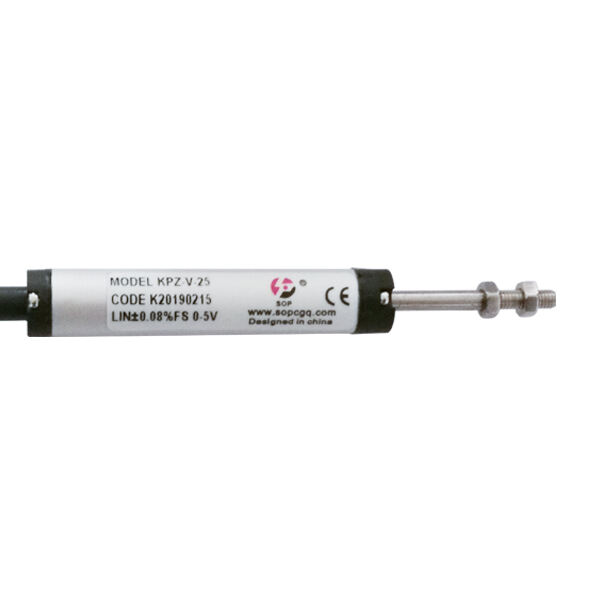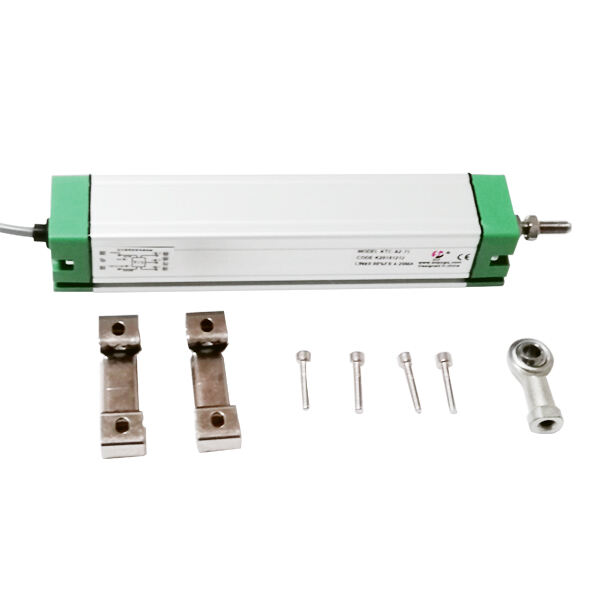A linear position sensor potentiometer is a unique tool that measures the distance something has traveled in a direct line. This means if there's a particular position that machines must have, they will employ this device. This is extremely relevant in places like creating robots, driving things around and building stuff. SOP linear potentiometer sensor are used to determine brake and gas pedal location or how much the steering wheel has been turned in cars They can be used by doctors in hospitals to monitor their tools during surgeries.
The prime way in which machines can perform better with the help of linear position sensor potentiometers is listed below: It means that machines, such as robot arms can move around faster and make fewer mistakes because we will be able to tell it exactly where things are so get more work done. In addition, these SOP linear sensor potentiometer could potentially help in making machines safer. For instance, a sensor in a factory can alert you to whether or not the safety cover of that machine is open or closed - giving immediate alerts if it opens again when someone is going to be using said device.

Linear Potentiometer position sensor types A few are crafted from a unique accuracy plastic that is very durable. Some others were comprised of a particular wire which can endure heavy heat and indicate very diminutive motion. Some of SOP sensors use magnets to detect the placement of things without making contact with them.

Factory performance is improved and linear position sensor potentiometers feedback immediately back into the control system. This SOP string pot potentiometer information could be used to calibrate the movements of robots and machines, reducing errors and speeding things up. For example, in a place where things are being packed by the dozen these sensors make sure that stuff is in the right spot when it comes down on a moving belt. This aids in ensuring that the items are correctly tagged and stocked with the appropriate quantity.

Our company been linear position sensor potentiometer by CE, RoHS, ISO9001 as well other certifications. Before shipping, we inspect each product. SOP also engineers can provide after-sales service solve any issues with the product.
SOP has over 20 years production experience and worked over 500 global linear position sensor potentiometer. It is professional manufacturer and high-tech enterprise engaged the development, research manufacturing, sales, service of various types of sensors.
We provide secure reliable linear position sensor potentiometer each product, and speedy shipping 2 days for stock goods There numerous types of transportation options available customer to choose. Following the delivery you will be provided with tracker details.
We offer a wide range products including linear position sensor potentiometer displacement sensors drawing wire sensors LVDT sensors, load cells torque sensors, pressure sensors, magneto sensors, many more. We able to offer OEM/ODM solutions accordance with the requirements our customers.